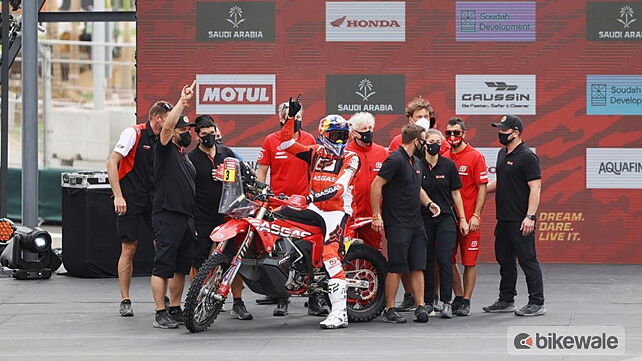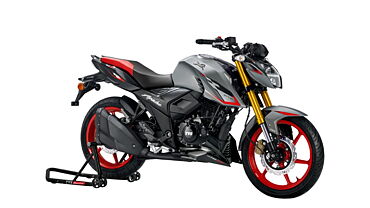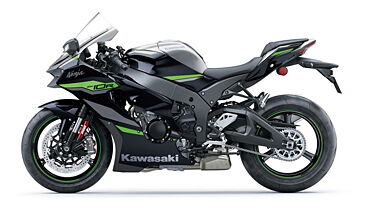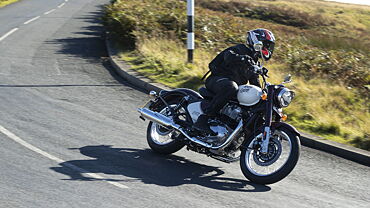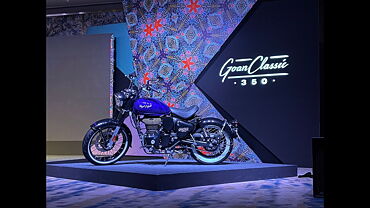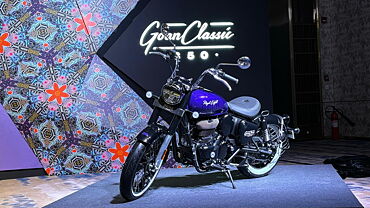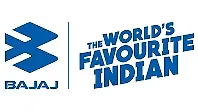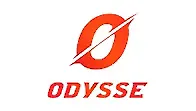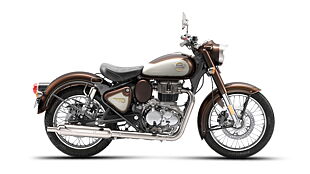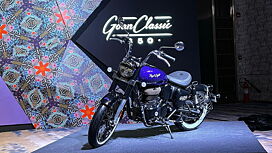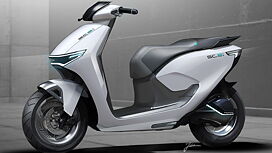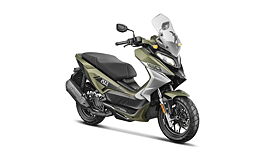Introduction

Dakar Rally is one of the world’s toughest motorsport events to be a part of and completing it is no easy feat. In that case, what would you call someone who goes on to win it? A superhuman, right? Well, I would. Imagine a person navigating his way through the most treacherous of terrains every day for two weeks consecutively and doing it faster than over 100 well-trained participants from across the globe. Nothing less than superhuman!
In the 2022 Dakar Rally, exemplifying a superhuman was 32-year-old British rider Sam Sunderland representing the official GasGas team. For the uninitiated, this is Sam’s second win in the rally, the first being in 2017 with the Red Bull KTM factory team. The rider had a big setback in 2020 when he broke five vertebrae in a nasty motorcycle crash. Despite that, he came back strong, finishing third in 2021 and winning in 2022.
This resilience and will demonstrated by Sam intrigued us enough to talk to him. Although we couldn’t see him in person, we were fortunate enough to have an online interaction with him recently.

BW: This is your second win after the 2017 season. Which one do you think was tougher in terms of competitors and overall challenges?
Sam: I think they were both tough in their own rights, just like every Dakar. My first one was very difficult because I hadn’t won before. It was a huge weight, carrying the lead since day-5 to keep it all together until the end of day 12. But I had a 30 odd minutes lead. This year’s victory was different as I won by 3:30 after 40 hours. So, the pressure was huge, and I really had to dig deep after the big crash I had on day-4 when I was concussed and had a lot of pain in my neck. To keep racing at 100 per cent and fighting for every second after that crash was something I look back to and feel good!
BW: What factors made the last stage so difficult?
Sam: The last day was super difficult for many reasons. Firstly, I felt like I could almost touch the trophy, which is never good to think about while racing. Then the navigation was super tricky with not many references available on the flat terrain with a lot of tracks. Also because after 12 days of racing and lack of sleep you just pray everything goes well and you can get to the finish.
BW: How was the route this year in terms of difficulty? Was it very different from previous editions?
Sam: I think the route was as hard as any year but I was quite happy to see a bit more sand than last year when there were a lot of stones.
BW: What impact did the rainfall have? Did it make the terrain even trickier to go through?
Sam: The rain didn’t seem to affect much of the race. Maybe it helped with better grip and lesser dust in a few places. Luckily, we only got rains once on the last day.
BW: How well did you get along with the bike? Any further improvements you would want to make to it?
Sam: The team did a comprehensive test by putting in really long hours in the desert testing to be sure we were ready. And for that, I’m really grateful to reward them with the win!
BW: How difficult was it to come back from the injury you sustained in the 2020 edition?
Sam: I have had quite a few injuries along the way and the one in 2020 was rough with five broken vertebrae. But, I always seem to find a lot of motivation to come back and get it done. I have learnt by now that given the type of racer I am, I give all and search for the limit to try and win. Even if I don’t achieve that, I work hard and try to learn from my mistakes.
BW: How does it feel to win such a grand competition and get recognised globally?
Sam: It’s really nice to win the Dakar for the second time and it’s good to have so much media coverage, especially from the UK. But to be honest, the best feeling from it is to reward the people who gave me a chance or believed in me along the way.
BW: How different is working with GasGas compared to the KTM?
Sam: GasGas is under the KTM group. So, I still work with the same managers, technicians, and mechanics, which means that side hasn’t changed much.
BW: What is the one thing that ensures a finish over a DNF at the Dakar?
Sam: There is nothing that ensures a Dakar finish. It takes 10,000km to win and you can lose it all in 10 metres. So, you have to always keep your goals clear.
BW: Tell us about your collaboration with Red Bull and your experience of becoming the first motorsports athlete to climb the top of the tallest building in the world?
Sam: I’ve been lucky to have Red Bull by my side early on in my career and for sure they have helped guide my way through tough times. And this surely has been one of the coolest and scariest things I’ve ever done, thanks to them!
BW: As part of this collaboration, you have done bike trails across some of the most iconic spots and terrains of Dubai. What were your thoughts to take up an unusual activity such as this?
Sam: It all started a while back when I was talking to my athlete manager Toby, telling him how it would be a dream to ride on a golf course as there are some mad ones in Dubai. From there, it all came together and not only did I ride the golf course but I also rode through some mental places and stood on top of a wobbly building at an altitude of 830m.

Gallery
1/3
Left Side View
Double Tap to Zoom




